OU News
News from The Open University
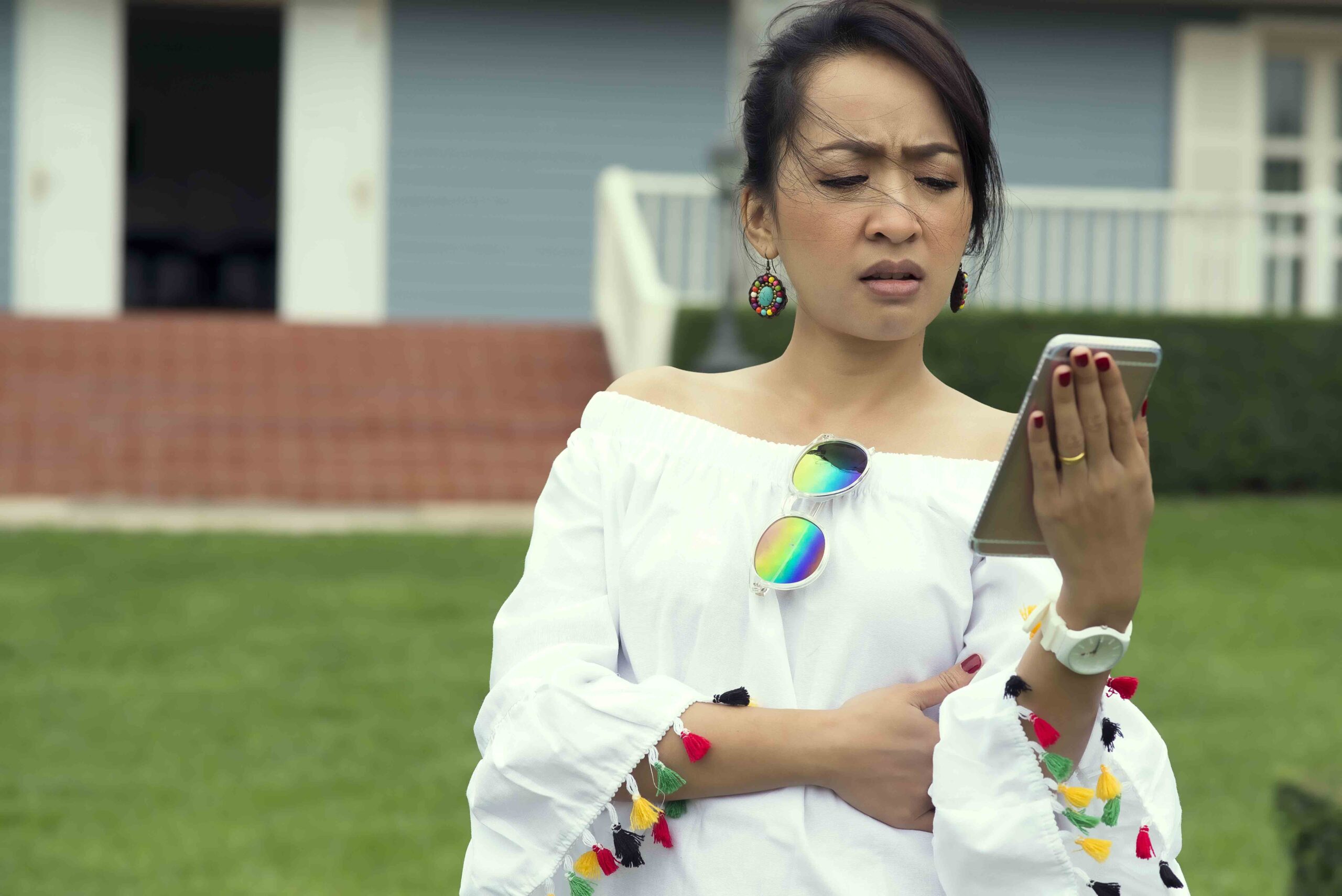
How do we respond to offence on social media? – Expert Opinion
Creating Facebook is a project run by Philip Seargeant and Caroline Tagg of The Open University’s Applied Linguistics and Literacies (ALL) Research Group. The pair collaborated with us on a Twitter and Facebook poll as part of Brainteaser Month which asked how people respond to feeling offended on Facebook. You can see the polls and ensuing […]
Read more about How do we respond to offence on social media? – Expert Opinion
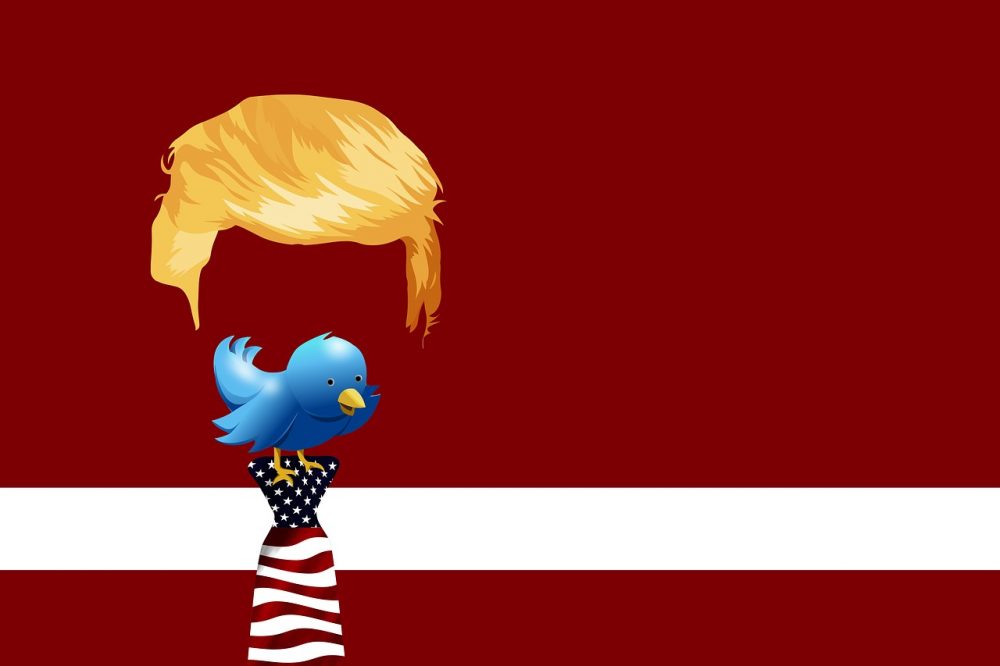
Does poor spelling really mean Donald Trump isn’t fit to be president?
In the aftermath of a controversial clash of protests in Boston, Donald Trump sent out a tweet about the need to heal the nation – managing in the process to misspell the word “heal”. He then quickly deleted the tweet, resent it with the same mistake, deleted the second attempt, until finally getting it right […]
Read more about Does poor spelling really mean Donald Trump isn’t fit to be president?

What emoji can teach us about human civilization
Dr Philip Seargeant, Senior Lecturer in Applied Linguistics, wonders where we would be without emojis today and traces their origins in history, right back to Ancient Egyptian times. Despite their popularity, emoji are still often viewed as a frivolous form of communication. For some, they seem to be a huge step back for civilization. Is it […]
Read more about What emoji can teach us about human civilization

The real reason you can’t quit Facebook? Maybe it’s because you can judge your friends
Facebook recently announced that it now has over 2 billion monthly users. This makes its “population” larger than that of China, the US, Mexico and Japan combined. Its popularity, and with it the influence it has in society, is beyond dispute. But for many the experience of actually using the site fluctuates somewhere between the […]
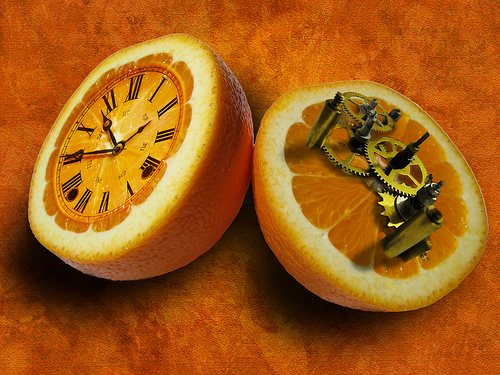
A Clockwork Orange: ultraviolence, Russian spies and fake news
The writer Anthony Burgess is most famous for his novel, A Clockwork Orange. This month marks the centenary of the writer’s birth and his dystopian vision still casts a long shadow over popular culture. But what is perhaps more intriguing is how the book was once drawn into a world of Russian espionage, fake news […]
Read more about A Clockwork Orange: ultraviolence, Russian spies and fake news
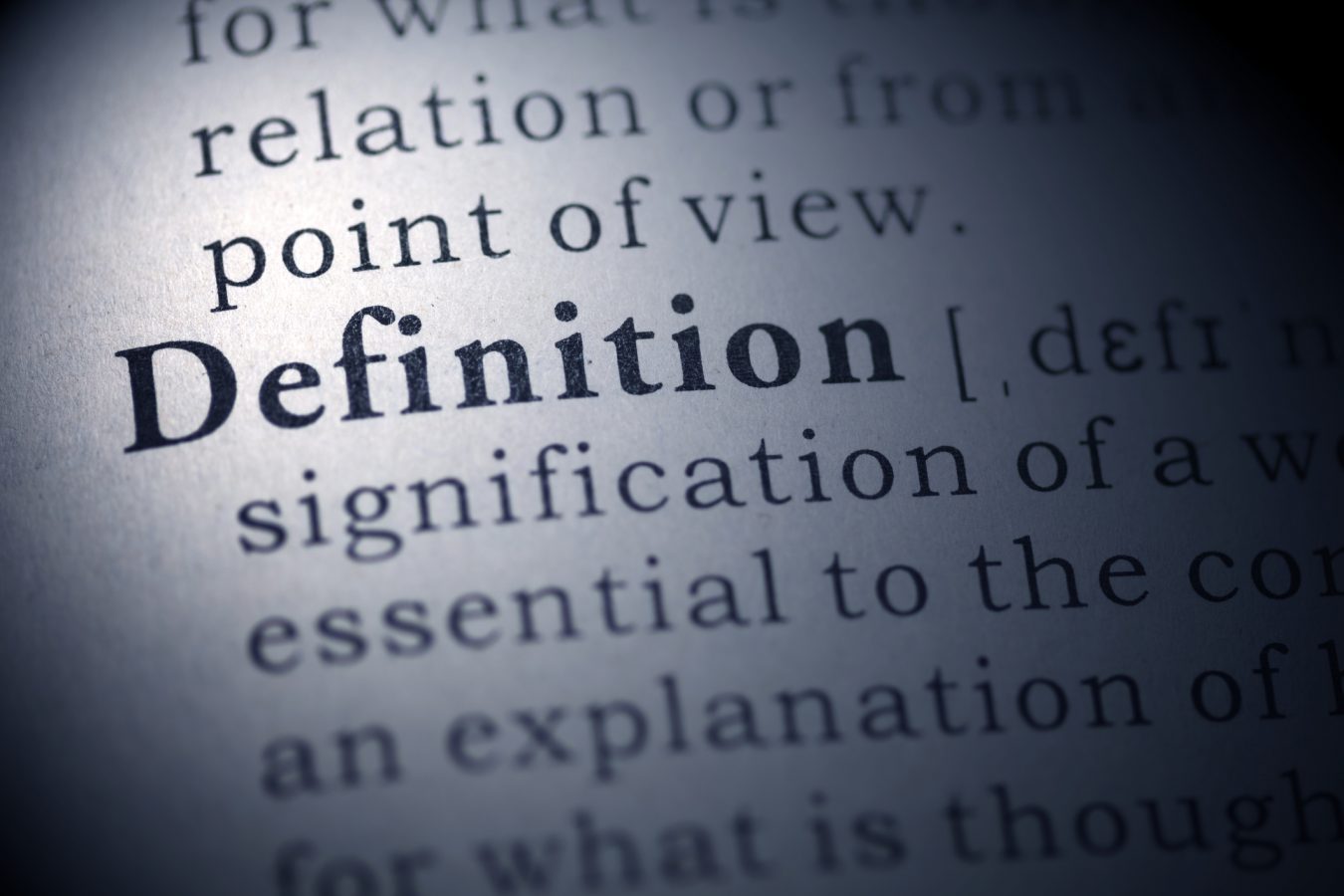
Truthiness and alternative facts: meaning is a moveable feast
Sales of George Orwell’s Nineteen Eighty-Four have apparently surged since Kellyanne Conway introduced the phrase “alternative facts” into public discourse. For many, the term is reminiscent of Orwell’s dystopian Newspeak, the imaginary language used by the novel’s totalitarian government to control the way the population thinks. It also allows for the doublethink of the slogans […]
Read more about Truthiness and alternative facts: meaning is a moveable feast

Why the solution to ‘fake news’ is education, not technology
This opinion article has been published by Senior Lecturer in Applied Linguistics at The Open University, Philip Seargeant Since the Trump victory, and the Brexit result before that, the issue of ‘fake news’ has barely been out of the real news. Social media companies, such as Facebook, have been criticised for their role in […]
Read more about Why the solution to ‘fake news’ is education, not technology
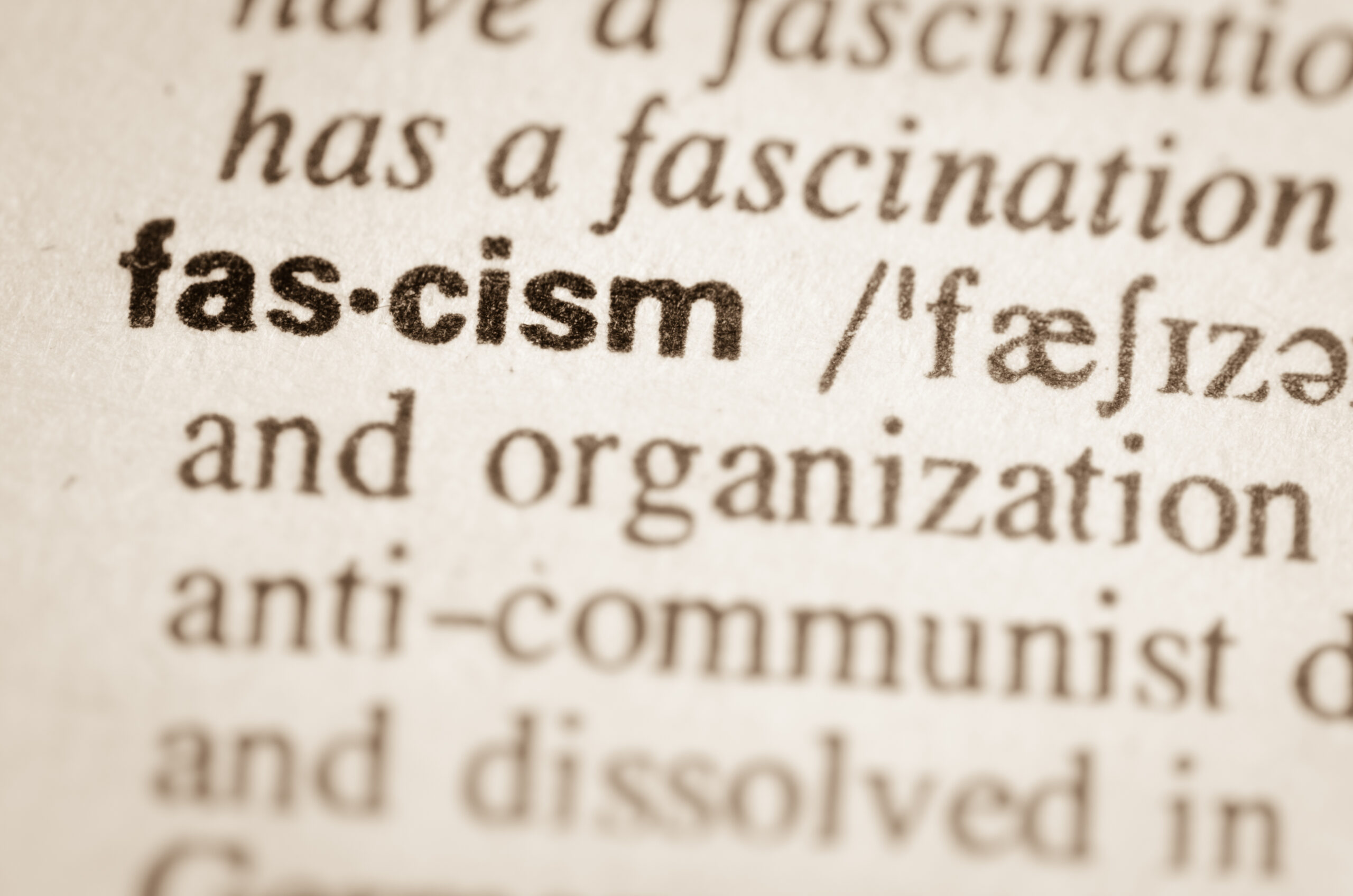
The world’s words of the year pass judgement on a dark, surreal 2016
Every December, lexicographers around the world choose their “words of the year”, and this year, perhaps more than ever, the stories these tell provide a fascinating insight into how we’ve experienced the drama and trauma of the last 12 months. 2016 had potential. It was 500 years ago that Thomas More wrote his Utopia, and […]
Read more about The world’s words of the year pass judgement on a dark, surreal 2016
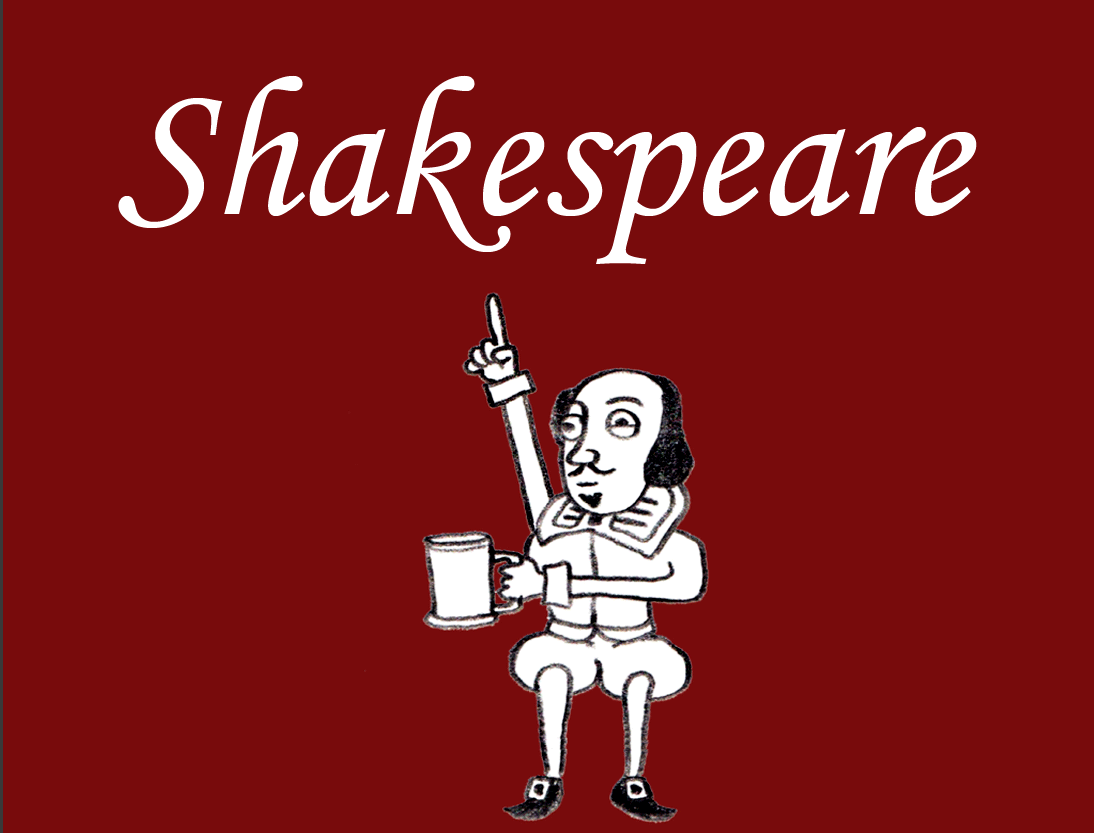
OU/BBC series explores the language of William Shakespeare
Have you ever wondered why a person might wear their heart on their sleeve? Or why the world is your oyster? These literary expressions – and hundreds more – that still feature in everyday conversations are the invention of one of the greatest writers and the subject of a new OU/BBC series, Shakespeare Speaks. 20 […]
Read more about OU/BBC series explores the language of William Shakespeare
Page 1 of 1